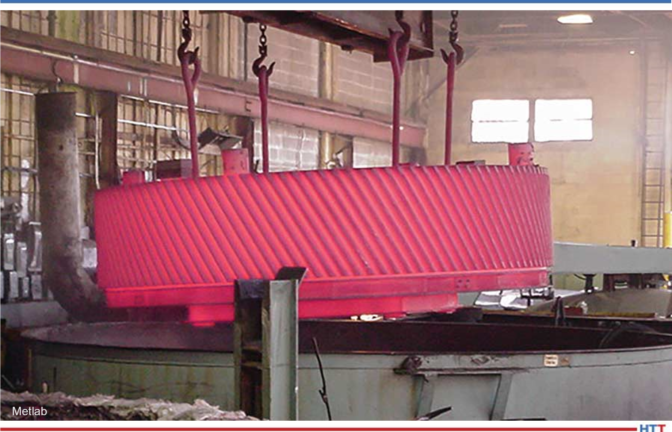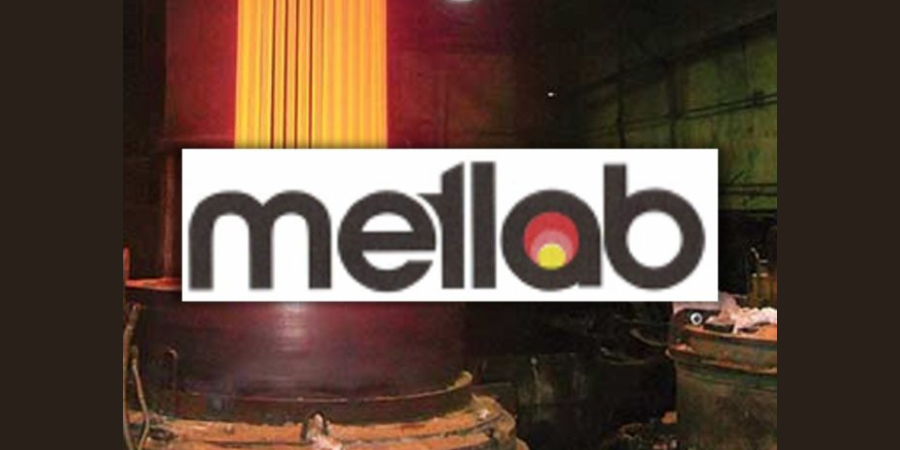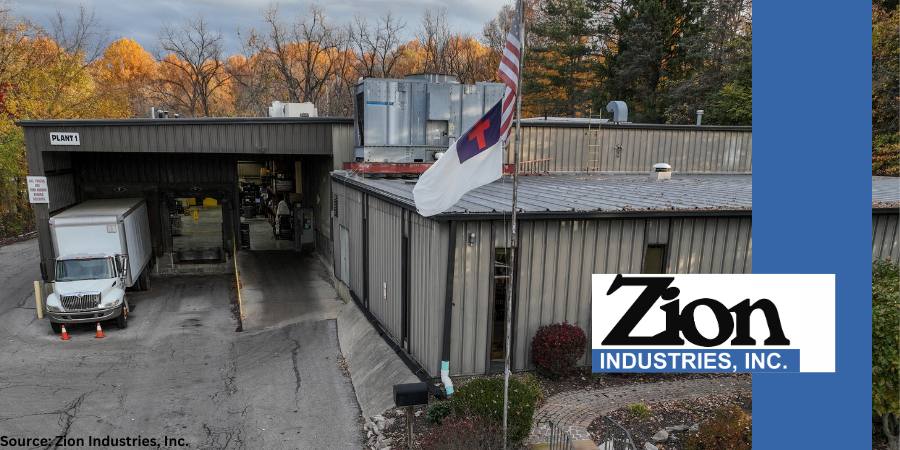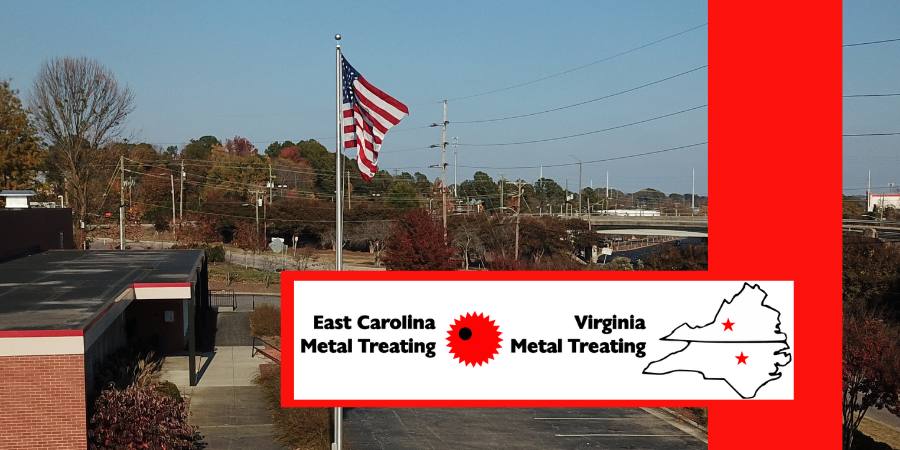![]()

Metlab was founded by Horace Knerr in 1928 in Philadelphia to service the airplane manufacturing business. Knerr introduced the first drop bottom gantry furnace for solution treating aluminum spars. In 1936, the company expanded its heat treating activities and moved from Philadelphia to the northern suburbs into a 125,000 square foot facility. As a strong contributor to the support of American manufacturing for the war effort, they had a staff of about 350 people and heat treated numerous components for airplanes, tanks, armaments, and other parts. In 2001, Metlab acquired the John V. Potero Company in Philadelphia, an 18-person heat treat company specializing in heat treating small parts and black oxide.
Today the company offers a full complement of thermal processes, heat treating both small and large parts, and also providing a local pickup and delivery service. They have a full range of capabilities, processing parts that weigh from a few ounces to up to 50,000 pounds. With the largest atmosphere-controlled pit furnaces in North America (measuring up to 15’ in diameter by 12’ deep or the two long furnaces, 6’ in diameter by 16’ deep), Metlab offers deep case carburizing of large gears, pinion shafts, bearings, and other components.
In addition, they have a complement of atmosphere controlled integral oil quench furnaces and a vertical furnace for nitriding parts up to 20’ long. An inhouse metallurgical laboratory is used for documenting hardness, microstructure, and mechanical properties to certify heat treatments and processes.
Nitriding is a core competency, with large submarine and destroyer gears weighing up to 25,000 pounds routinely heat treated. Other processes offered are hardening, tempering, annealing, spheroidize annealing, induction/flame hardening, protective atmosphere normalizing, nitriding, vacuum heat treating, cryogenic processing, stress relieving, and black oxide finishing. Major industries served with these capabilities include:
- Aerospace
- Agriculture: Heavy Equipment
- Medical
- Military
- Mining
All of the processes offered by the company are aimed at changing the mechanical properties of the parts treated. Whether increasing the hardness (either on the surface or core to make the parts functional), softening the parts to allow them to be further processed, or black oxide finishing for decorative and corrosion resistance, the thermal treatments and/or finishing treatments are critical to the performance of the treated products.

Metlab is a job shop, and the parts processed as well as each application addressed is unique. As an example, the company can carburize a 40,000-pound gear to 0.200” case depth and a surface hardness of HRC 58-60 for a steel plant mill stand and not see the same gear for heat treating for another 10 years. Each day brings new challenges. With three metallurgists on staff, they partner with their customers, acting as consultative heat treaters providing the company with the best solutions for any application.
 Heat treating can take some interesting turns off the expected path. A few of those projects include working with students on SAE automotive racing teams at local universities. The teams build cars for competition, and Metlab provides, at no charge to the colleges, heat treating for their projects, enabling students to economically obtain heat treat services. Another fun venture was the heat treating of antique car and airplane parts: one-off pieces needed for a restoration. And the black oxide finishing of a suit of armor for a renaissance fair “Black Knight” reenactor was another unique opportunity.
Heat treating can take some interesting turns off the expected path. A few of those projects include working with students on SAE automotive racing teams at local universities. The teams build cars for competition, and Metlab provides, at no charge to the colleges, heat treating for their projects, enabling students to economically obtain heat treat services. Another fun venture was the heat treating of antique car and airplane parts: one-off pieces needed for a restoration. And the black oxide finishing of a suit of armor for a renaissance fair “Black Knight” reenactor was another unique opportunity.
Quality, service, and competitive pricing are Metlab’s stock-in-trade. While they work in accordance with ISO and Nadcap, obtaining accreditation in the short term is a key goal. The addition of a second, larger capacity black oxide line is also underway. The company will continue to evaluate new processes and equipment and add to its arsenal of process and capabilities as markets evolve and applications demand change.







